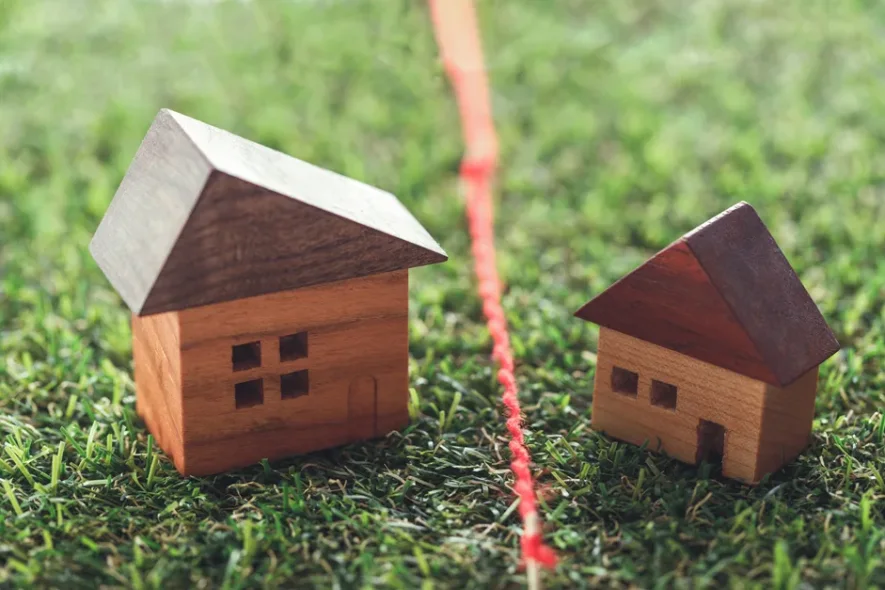The addict in your life can be a significant other, a spouse, a parent, or a child. Living with an addict can be extremely difficult and taxing. Constantly worrying about the other shoe dropping, we assign ourselves the task of making sure they are not using. We assume that if we try hard enough, we’ll be able to keep them clean.
Table of Contents
What Are Signs Of Addiction?
Try as they might try to hide their addiction from us, there are signs that will eventually give it away. Sometimes, we may try to convince ourselves otherwise, but the signs don’t usually lie. Although addicts do make the best liars, even the best liars can’t keep up with the mountain of lies that grow with a substance abuse problem.
Signs Of Alcohol Addiction
There are both physical and behavioral signs of alcohol addiction. Physically, you may notice your loved one having an unsteady gait or acting as if they’re in a stupor. They may suffer from impaired attention and memory loss or blackouts. Other symptoms include lack of coordination, slurred speech, excessive sweating, nausea, vomiting, and diarrhea.
Behaviorally, they will use any social interaction as an excuse to drink. The bulk of their time will be spent figuring out when and where they can have their next drink. They will begin to fail both at work and in their familial obligations. Mouthwash and breath mints will always be readily available to hide the alcohol from their breath. Yet, they will continue to drink despite the growing social and interpersonal problems caused from their alcohol use.
Lastly, if it’s been too long since their last drink, you will start seeing withdrawal symptoms. Alcohol withdrawal symptoms include insomnia, nausea, vomiting, and tremors.
Signs of Drug Addiction
As with alcohol addiction, there are both physical and behavioral signs of drug addiction. However, because drugs are not legal and not as easy to attain as alcohol, drug use often comes with more behavioral symptoms. Physically, you may notice bloodshot eyes, slurred speech, an excessive amount of bloody noses, and neglected personal hygiene.
Behaviorally, they will suffer from changes in their personality. They will be more irritable, agitated, and have a lack of motivation. They will begin suffering from financial problems because drug use quickly becomes very expensive to maintain. Credit card debt will pile up and items such as electronics and jewelry will mysteriously disappear from the house. They will exhaust all possible avenues in order to fund their addiction.
Their circle of friends may change as they begin to associate with other drug users. Work and family life will take a second seat to the addiction. Their first and primary focus will be ensuring where and when they can get their next fix. Depending on their drug of choice, you may discover paraphernalia in their pants’ pockets when you get up in the middle of the night to assuage a nagging suspicion you can’t shake off. They will be super protective over their phones, lest you find any communication between them and their drug dealer.
How To Cope Living With An Addict
Being in a relationship with a drug addict is hard on many different levels. The type of relationship you share will play a role in how it will affect your daily life and the best ways to cope. The two most typical relationships are spouse/significant other and parent/child.
Living With An Addict As A Spouse/Significant Other
Dealing with a drug addict spouse or significant other can take a huge toll on the relationship. You may start feeling like a parent with all the ways you constantly check in on them. If they’re actively using and not hiding it, you beg and plead with them to stop. However, that only results in empty promises. We convince ourselves that perhaps that’s enough. We trust them when they say they’re stopping, because we need to convince ourselves that everything is going to be okay.
Maybe they do stop for a bit, or maybe they don’t stop at all. What they start doing is hiding their addiction. You continue to live with a drug addict spouse, convinced that everything has righted itself until little nagging suspicions become harder to ignore. You become a detective and search for the telltale clues you’re terrified of finding. Between the finances that don’t add up and the paraphernalia, you reach a breaking point and tell them they need to get clean. And so the cycle continues. Unless you choose to end the cycle.
Ending the cycle means realizing it isn’t your job to keep your spouse or significant other clean. They need to want it and they need to want it for themselves. You also cannot do the work for them. They need rehab and continued support after rehab if they truly wish to turn their life around. That’s their rehab and their work. As a significant other, your job is to get the support you need. Visit local Al-Anon or Nar-Anon family support groups and realize that your self care is just as important as theirs.
Lastly, it is imperative to realize that addiction is a disease. With that acceptance, you will no longer feel the responsibility of changing them, and you will be able to accept that you are not equipped to tackle the disease that is addiction. You are not an addiction or mental health specialist.
Living With An Addict As A Child/Parent
As parents, all we want for our children is to see them succeed and live emotionally healthy and productive lives. Imagine the sadness and disappointment when that does not come to fruition. We begin to question every single act of parenting we have ever done and wonder what we could have done differently. We blame ourselves for the addiction and think that if we just continue to unconditionally love them, they will find their way back.
Again, it is crucial to understand that addiction is a disease. As a parent, you are not qualified to be their knight in shining armor who tackles their addiction for them. All you can do is provide them with the tools necessary to tackle their addiction. Communicate about rehab programs and help them understand the benefits of professional help. Visit family support groups for additional guidance and support, and to gain a sense of camaraderie among other parents dealing with the same turmoil.
How To Get Help For A Loved One With An Addiction
The first step in the path for addiction recovery is inpatient residential rehab. Inpatient residential rehab is essential to the recovery process, because it provides an intensive approach to tackling the disease that is addiction.
At Wellbrook Recovery, our state-of-the-art facility focus on treating each individual as a whole. With both medical and holistic approaches, our team of certified addiction and mental health professionals work vigilantly alongside each patient to create a custom treatment plan that works for them. Our goal is to set each patient up for success in their recovery journey. Allow us to work together with you to make that happen.










